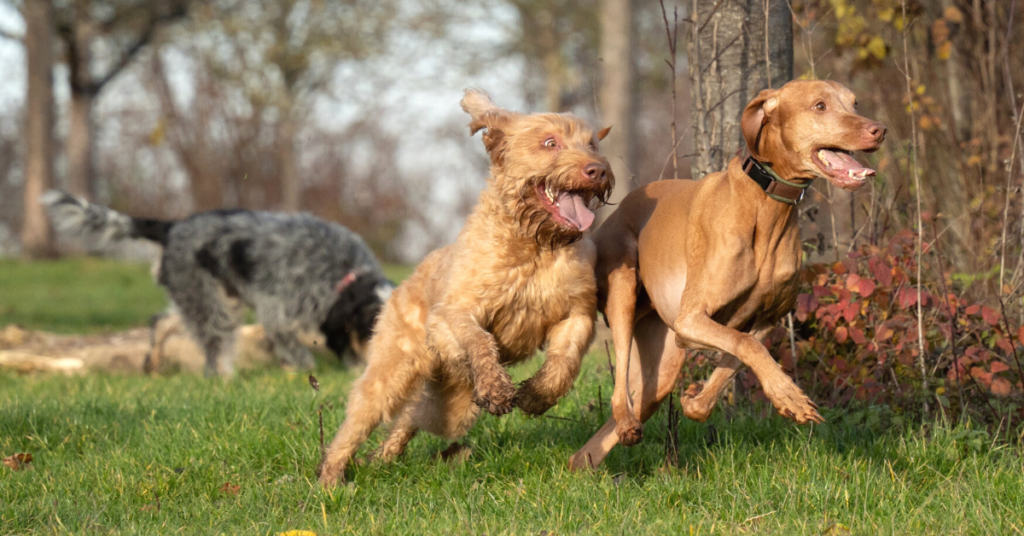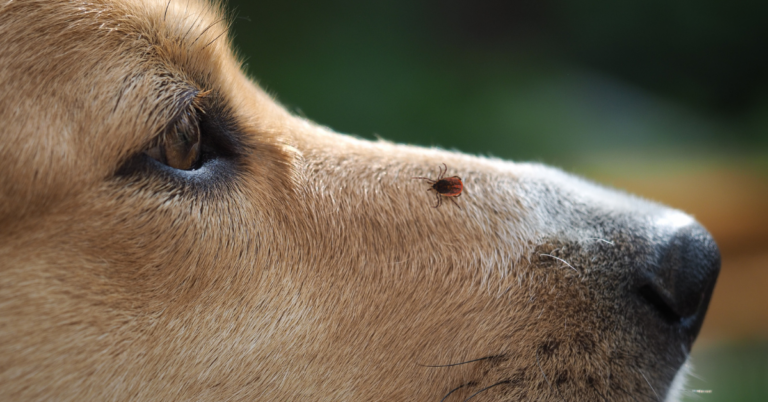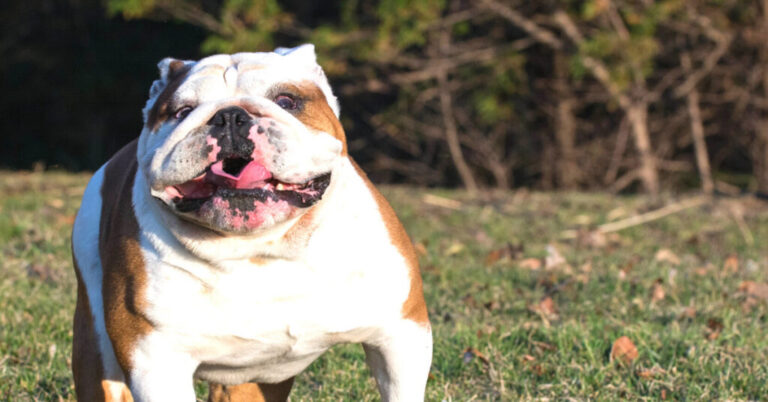Bronchitis in Dogs: Symptoms and Treatment
Reviewed by Erica L. Tramuta-Drobnis, VMD, MPH, CPH
Bronchitis is a common disease in dogs that affects the upper respiratory tract and results in coughing.
This disease affects the smaller airways that branch out from the trachea “windpipe”, known as bronchi and bronchioles, where they transfer oxygen into the bloodstream.
Bronchitis can be chronic or acute that lasts for a short period of time. Chronic bronchitis is defined as a chronic coughing that lasts for more than two months.
It’s important to learn more about bronchitis in dogs, it’s signs, and if your dog is suffering from chronic bronchitis, which may lead to lung damage.
What Is Bronchitis in Dogs?

Bronchitis is a disease that causes inflammation of the walls of bronchi and bronchioles, which carry oxygen through the lungs.
This airway inflammation will cause swelling in the walls of bronchi and release mucus into the airways.
This results in the airways becoming narrower and congested and air can’t reach the alveoli effectively.
As a response to this congestion, coughing will be triggered to help clear the airways.
This increases the development of more mucus, resulting in a never-ending cycle of inflammation.
Chronic bronchitis is a long-term, irreversible illness that affects a dog’s lower airways and can result in lifelong lung damage. Chronic bronchitis can last more than two to three months.
Symptoms of Bronchitis in Dogs

The most common sign of bronchitis in dogs is coughing. Bronchitis can cause a wet, dry, or honking cough in dogs.
Because dog owners may confuse the cough for gagging or vomiting, while what’s happening is that your dog is having a cough followed by retching.
It’s a good idea to record a video of your dog while he has coughing episodes, to explain the symptoms to your vet.
Daily coughing, difficulty breathing, or wheezing for two to three months or longer are the most common clinical signs of chronic bronchitis.
Coughing is usually more noticeable when the dog first wakes up and then reduces as they become more active.
Excessive exercise intolerance may be present in certain severely ill canines. And in severe cases of lack of oxygen, gums may turn blue.
These symptoms are not exclusive to bronchitis and can be found in a variety of other conditions such as heart failure, pneumonia, allergic lung disease, and lung cancer.
If you notice your dog coughing frequently, or if the cough’s features change, like getting more frequent, louder or softer, wetter or dryer. It’s best to contact your veterinarian, for early diagnosis and treatment.
Causes of Bronchitis in Dogs

Bronchitis in dogs can be caused by anything that irritates the airways or induces an inflammatory response.
Stimulants that are known to irritate the lungs and create an inflammatory response include:
- Tobacco smoke
- Pollutants in the air
- Allergens such as grass and pollen are common allergens.
- Mold & dust
- Chemicals found in the home
- Bacterial infections in the lungs on a regular basis
Chronic bronchitis affects dogs aged 6 and above and can affect any dog breed, however tiny dogs, such as toy poodles and cocker spaniels, are more susceptible.
The underlying cause of canine chronic bronchitis is unclear; the illness has no single identified cause.
Long term exposure to environmental irritants, on the other hand, is thought to play an impact.
Finally, bronchitis cannot be acquired by dogs from people, nor can it be transferred from humans to dogs.
It is also not infectious to other dogs; dogs with chronic bronchitis do not pass it on.
Seasonality plays a role in chronic bronchitis.
Dogs that live in locations where dust pollen or smoke are prevalent at particular times of the year may be more susceptible to the disease.
Sudden weather changes might exacerbate symptoms. Keeping dogs indoors at those periods of the year when symptoms are known to be worse can be beneficial.
Diagnosis of Bronchitis in Dogs

To rule out any possible illnesses, your veterinarian will do a physical examination and evaluate your dog’s medical history.
There are some diseases that may have similar symptoms like Kennel cough, respiratory infections, lungworm, heartworm, foreign bodies, pneumonia, and tracheal collapse.
The vet may do diagnostic tests like chest x rays, bronchoscopy, Bronchoalveolar lavage.
Bronchoalveolar lavage, also known as bronchoalveolar washing. It involves Microscopy, culture, and sensitivity testing to evaluate mucus and cell samples.
This can aid in obtaining a conclusive diagnosis. Your dog will be premedicated and put under general anesthesia for this treatment.
It’s a good idea to take a video of your dog coughing, which can aid your veterinarian in determining whether canine chronic bronchitis is the cause.
Treatment of Bronchitis in Dogs

Canine bronchitis can be treated in a variety of ways. Medications and environmental changes are among them, and they’re frequently used together.
Treatment’s primary goal is to break the cycle of mucus production and inflammation.
Your veterinarian will most likely prescribe one or more of the following treatments for your dog.
Oral medications such as prednisone, anti inflammatory corticosteroids, airway dilators, and mucus-busting medicines that loosen or thin secretions, and can decrease the inflammation and swelling of the airway walls.
Cough suppressants like Bronchodilators may help provide short relief during an airway stimulant induced coughing attack.
However, In most dogs, the overall effectiveness of these medications is low.In addition, the vet may prescribe antibiotics, if secondary infections are present.
Nebulization and coupage, may be addressed as well, to moisten the airways and release mucus. Nebulization is the administration of medication through a mist that is breathed into the lungs.
Coupage is a technique in which a veterinarian strikes the dog’s chest with cupped hands to wet the airways and release mucus.
Inhaler delivery versions of these medicines may also be available. By delivering medicines directly to the airways, which may decrease side effects.
Furthermore, weight loss is frequently seen as important for dogs with bronchitis. Excess weight can worsen the vicious cycle of inflammation and mucus buildup by putting more strain on the airways.
Finally, it’s important to limit the number of stimuli in the surroundings that might irritate the inflamed airways.
Coughing and airway irritation can be triggered by airborne pollutants such as cigarette smoke, home aerosols or powders, mould, and dust.
When to See a Veterinarian

If you notice your dog coughing or wheezing more than usual, or you suspect they have chronic bronchitis, it’s better to contact your vet as soon as possible, to prevent further damage.







